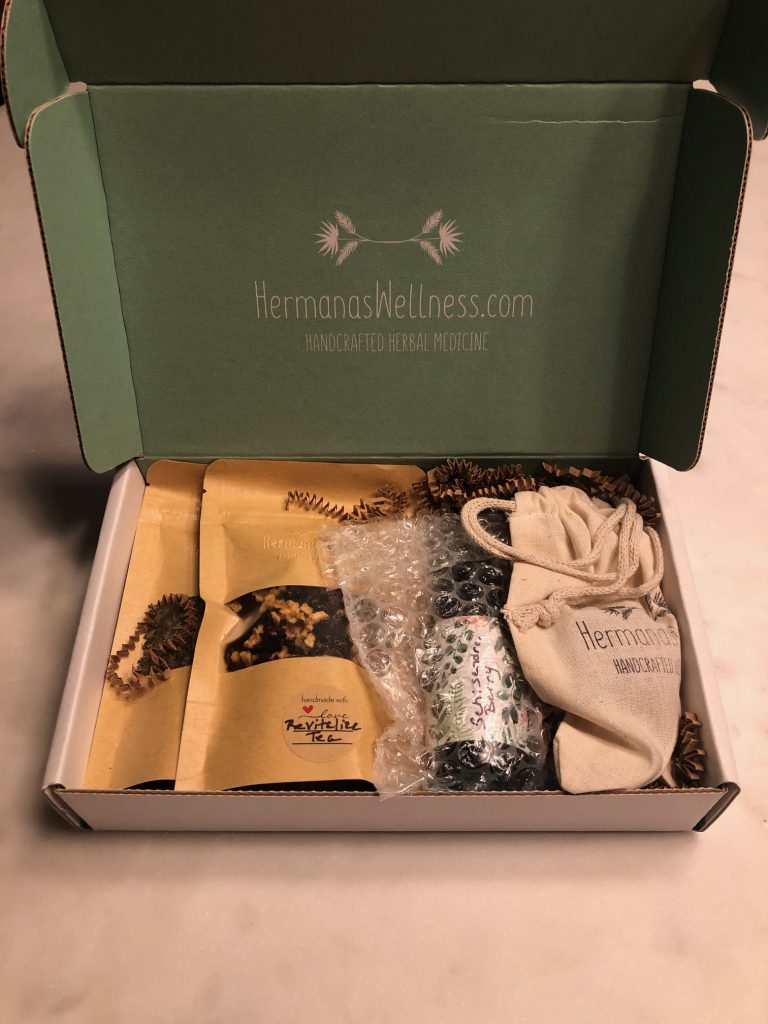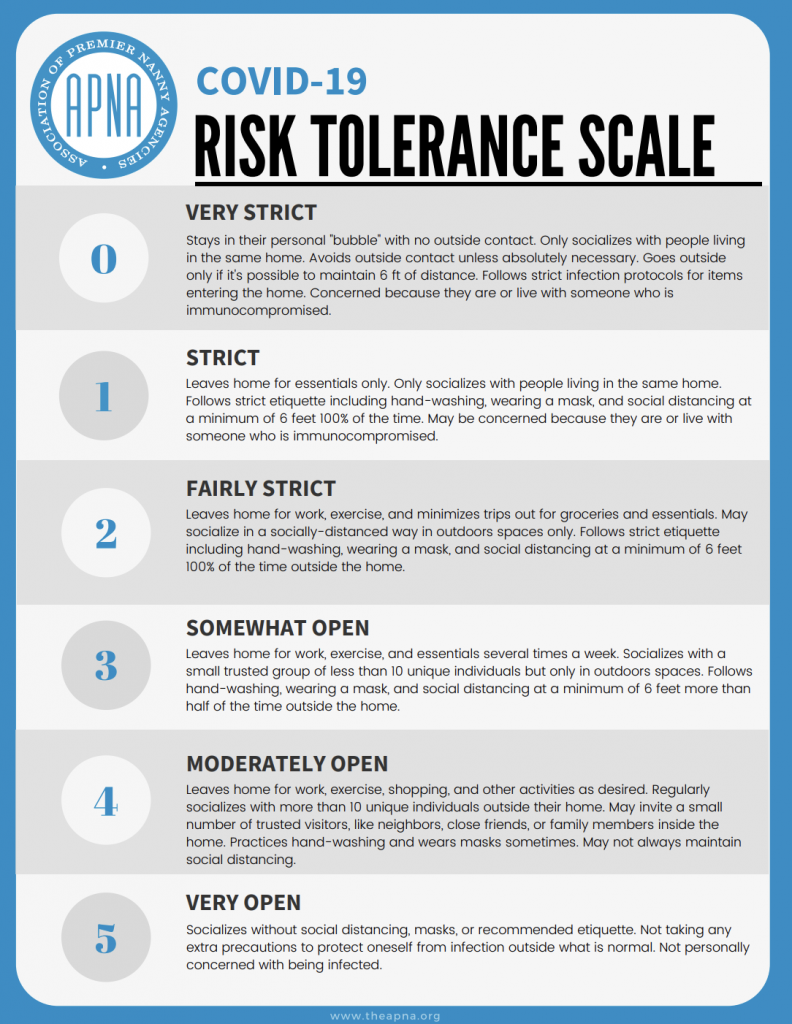Make 2018 the year of taking control of your physical and mental health. Whether you’re looking to eat healthier, increase your energy level, or shine a little more light at the end of this motherhood tunnel, Thrive Hive Wellness is here to help.
See what all the buzz is about through our Q&A with Jennifer Khalaf, Founder of Thrive Hive Wellness.
Q: It sounds like an important lesson you learned in your journey was making time to focus on yourself as a woman, and not just your role as a mom. Why is it so important for moms to take time to focus on themselves, too?
A: Mothers are incredible and have the ability to give and care for others on a level that always amazes me, but no matter how happy we are to do it, I don’t believe you can pour from an empty cup.
Before we have children we have many components that make up our sense of identity – our passions, our careers and our relationships, to name a few. After we have children, there is often a shift in “who we are” and how we define ourselves. Many of us feel that we lose the woman we once were and have a hard time making this new woman a priority – either because we don’t have enough time and/or resources or because we feel guilty being away from our family.
I believe we all deserve to be happy and take care of ourselves – both in terms of nutrition and in terms of self-care. Self-care is not a luxury, it’s essential to your health and happiness and it looks different for everyone – it doesn’t mean you have to get a weekly facial! For me, it can be anything from a workout I enjoy to getting tea with a friend.
It’s important to remember that while “mama” may be our most cherished name, it’s not our only one. We are wives, sisters, friends, coworkers, neighbors etc. and we deserve to fulfill our passions and interests. When we don’t nourish our bodies and minds, it often takes away from other areas in our lives. A fulfilled mama, is a happy and present mama and at the end of the day, that’s good for the entire family.
Q: What are some of the plans/services you offer moms looking to join, and how can they join?
I work with moms in a variety of ways – I customize programs based off each client’s goals. For some women that may be focusing on nutrition to fit their bio-individual needs and lifestyle and for others it may be helping them work through areas of their lives that they’re feeling stuck or unfulfilled. We work together twice a month over a 3 or 6-month period (either in person or via video conference) and take steps each week towards making the changes to get them to where they want to be. Sustainable change takes time and let’s be honest when something goes wrong in the family, it’s mama to the rescue! These programs allow for the inevitable (a sick child, a school break, etc.) to happen and not sideline the progress they worked hard to achieve.
In addition to one-on-one coaching, I also offer family nutrition consultations, cooking demonstrations and pantry makeovers where we go through the family’s cupboard and swap out not-so-healthy staples with healthier alternatives that are equally delicious, but more nutrient dense.
To work with me or for a complimentary consultation, you can reach me through my website, or by email at [email protected].
Q: What are a couple key takeaways moms will get when joining Thrive Hive Wellness?
I recognize that every woman is different and it’s why each of my clients receives support tailored to their unique strengths and challenges. As such, their takeaways depend on their goals, but every client gains a better understanding of what foods support their bodies and gives them energy and balance. Additionally, they are equipped with tips and tools to help them make more space for themselves and feel more joyful and present in every aspect of their lives.
Motherhood is crazy and amazing all at the same time and sometimes we need a little reminder that our health and happiness is important too. If we know how to keep filling up our cups, we’ll have plenty to pour into our families!

Written by our Marketing & Social Media Consultant, Taylor Bell







